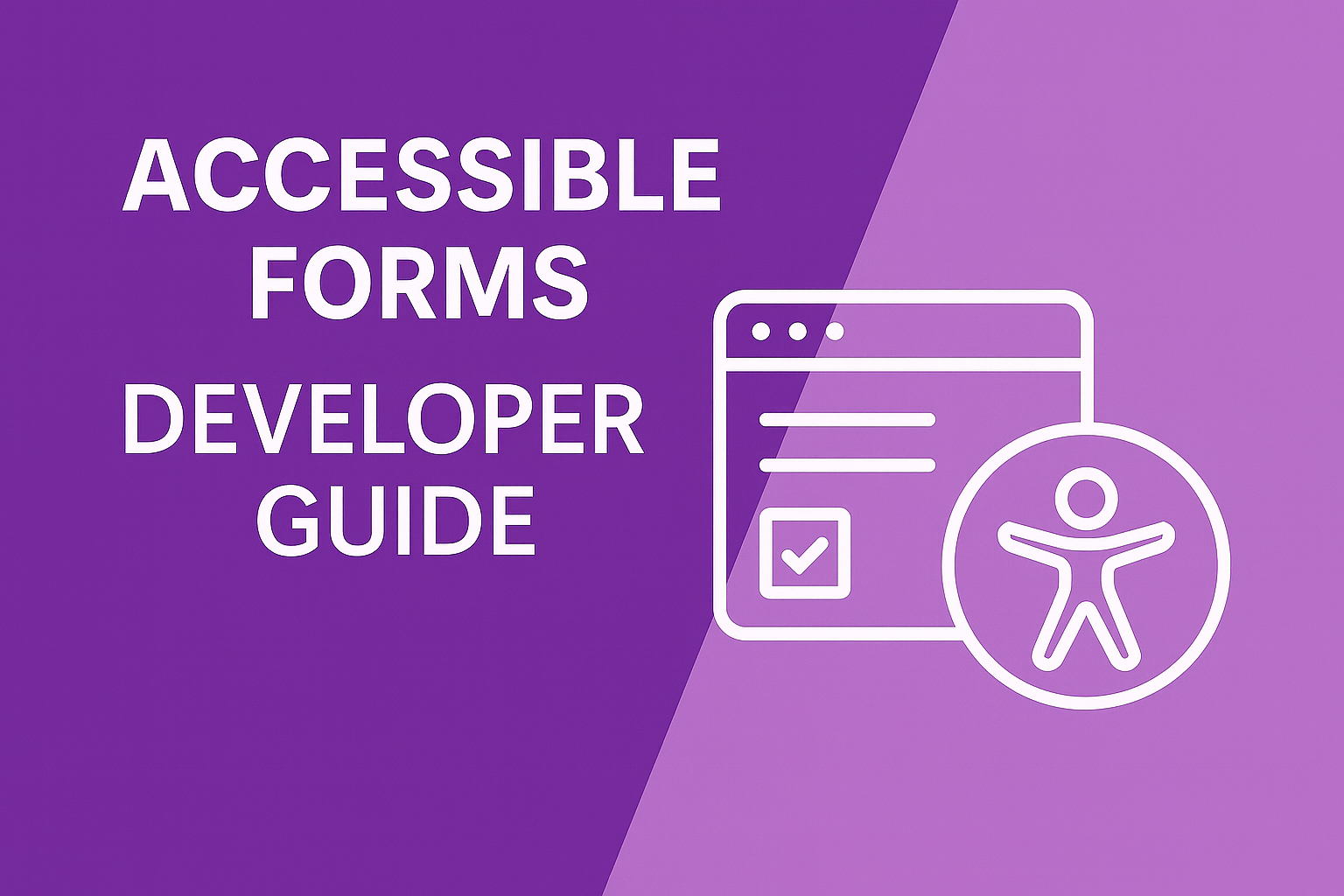What is Independent Testing and How Does It Work?
Independent testing involves engaging external testing professionals who have no involvement in the software development process. This separation ensures independent software testing provides objective evaluation without the assumptions, biases, or blind spots that internal teams might develop through familiarity with code and system architecture.
Core Principles of Independent Testing:
Objectivity: External testers approach software with fresh perspectives, evaluating applications from user viewpoints rather than developer assumptions. This objectivity helps identify usability issues and functional problems that internal teams often overlook.
Specialization: Independent software testing teams bring dedicated testing expertise, advanced methodologies, and specialized tools that may not be available internally. These teams focus exclusively on quality assurance rather than balancing testing with development responsibilities.
Resource Efficiency: Organizations access sophisticated testing capabilities without internal investment in testing infrastructure, tool licenses, or specialized personnel training and development.
Risk Mitigation: Unbiased evaluation reduces the likelihood of overlooked defects, security vulnerabilities, and performance issues that could impact business operations or customer satisfaction.
How Independent Testing Works:
Independent testing in software testing typically involves external teams reviewing project requirements, developing comprehensive test strategies, executing systematic testing protocols, and providing detailed quality assessments with actionable recommendations.
What makes independent testing different from internal testing?
The key difference lies in perspective and specialization. External teams evaluate software from end-user viewpoints rather than developer assumptions, often identifying critical issues that internal teams miss due to familiarity with the codebase and system design.
Key Benefits of Independent Software Testing
Independent software testing delivers multiple advantages that internal testing teams often cannot provide due to resource constraints, perspective limitations, or specialized skill requirements.
Objective Quality Assessment
Independent testing provides completely unbiased evaluation of software functionality, usability, and performance characteristics. External testers approach applications without preconceptions about how features should work, identifying user experience issues, workflow problems, and functional defects that developers might overlook due to intimate knowledge of system internals.
This objectivity proves particularly valuable for customer-facing applications where user experience directly impacts business success. Independent software testing teams evaluate software from actual user perspectives, identifying pain points and usability challenges that internal teams often miss.
Specialized Expertise and Advanced Methodologies
Why do companies choose independent software testing?
External testing teams bring specialized expertise in testing methodologies, automation frameworks, security assessment, performance optimization, and industry best practices that may not exist internally.
This expertise includes knowledge of emerging testing technologies, proven approaches across different project types, and experience with diverse technical environments that enhance testing effectiveness. Independent testing in software testing provides access to specialized skills including security testing, accessibility evaluation, and compliance validation that require specific training and certification.
Cost Efficiency and Resource Optimization
Independent testing eliminates the need for companies to invest in testing infrastructure, specialized tool licenses, ongoing training, and dedicated testing personnel. Organizations access enterprise-grade testing capabilities without ongoing overhead costs, recruitment challenges, or internal resource allocation conflicts.
This cost efficiency becomes particularly valuable for projects requiring intensive testing periods, specialized testing types, or temporary capacity expansion that would be expensive to build internally. For comprehensive understanding of testing importance in business contexts, our detailed analysis of why software testing is important covers all aspects of quality assurance benefits and implementation strategies.
Risk Reduction and Quality Assurance
External testing teams identify defects, security vulnerabilities, and performance issues that internal teams might miss due to familiarity, time constraints, or resource limitations. Independent software testing provides additional quality assurance layers that significantly reduce the risk of costly post-release failures and customer satisfaction issues.
Scalability and Flexibility
Independent testing in software testing services scale resources based on project requirements, providing intensive testing during critical development phases without permanent staffing commitments or long-term resource allocation challenges.
Independent Testing Methodologies
Independent testing encompasses various approaches and methodologies tailored to different project requirements, technical environments, and business objectives.
Core Testing Types:
Functional Testing: Comprehensive verification of software features against business requirements and technical specifications, ensuring all functionality works as intended across different scenarios and user interactions.
Performance Testing: Load testing, stress testing, and scalability evaluation to ensure applications handle expected user volumes and maintain responsiveness under various conditions.
Security Testing: Vulnerability assessment, penetration testing, and security compliance evaluation to identify potential security risks and ensure data protection.
Usability Testing: User experience evaluation and interface assessment to ensure applications are intuitive, efficient, and accessible for target user groups.
Compatibility Testing: Cross-platform, browser, and device validation to ensure consistent functionality across different technical environments.
How is independent testing in software testing typically structured?
Common engagement models include project-based testing for specific applications, ongoing testing partnerships for continuous development cycles, and specialized testing engagements for compliance, security, or performance requirements.
Methodological Approaches:
Independent software testing teams typically employ agile testing methodologies, risk-based testing strategies, and automated testing frameworks that optimize coverage while maintaining efficiency and cost-effectiveness for client organizations.
When Should Companies Choose Independent Testing?
Independent testing becomes particularly valuable in specific business situations and project contexts where external expertise provides superior outcomes compared to internal testing efforts alone.
Ideal Scenarios for Independent Testing:
Limited Internal Resources: When development teams lack sufficient testing expertise, capacity, or specialized skills required for comprehensive quality assurance across all application aspects.
Critical Applications: High-risk projects with significant business impact, customer-facing applications, or systems where failures could result in substantial financial losses or reputation damage.
Compliance Requirements: Industries with strict regulatory testing standards, security requirements, or accessibility mandates that require specialized expertise and documentation.
Objective Evaluation Needs: When unbiased assessment is crucial for business decisions, vendor evaluations, or quality validation that requires independent verification.
Specialized Testing Requirements: Projects requiring security testing, performance optimization, accessibility evaluation, or other specialized testing types that demand specific expertise and tools.
What factors indicate need for independent software testing? Key indicators include tight project deadlines that stress internal resources, complex technical requirements exceeding internal capabilities, regulatory compliance needs requiring specialized knowledge, or previous quality issues suggesting internal testing gaps.
Project Characteristics:
Independent testing in software testing proves most valuable for projects with high business impact, regulatory requirements, complex integration challenges, or customer-facing applications where quality directly affects business success and customer satisfaction.
Organizations often combine internal development testing with independent testing to optimize both cost efficiency and quality outcomes through strategic resource allocation and expertise application.
Implementing Independent Testing Successfully
Independent software testing success depends on clear communication, well-defined expectations, and strategic partnership development between organizations and external testing teams.
Implementation Steps:
Requirements Definition: Clear scope specification, objective definition, and success criteria establishment ensure independent testing efforts align with business goals and technical requirements.
Partner Selection: Comprehensive evaluation of testing expertise, industry experience, methodology alignment, and cultural fit ensures optimal partnership development and project success.
Process Integration: Seamless alignment with existing development workflows, timeline coordination, and communication protocol establishment facilitate smooth collaboration and efficient project execution.
Communication Protocols: Regular reporting schedules, feedback mechanisms, and issue escalation procedures ensure transparency and enable rapid response to emerging quality concerns.
How do you ensure independent testing delivers maximum value?
Success factors include comprehensive requirement documentation, realistic timeline planning, ongoing collaboration between internal teams and external testing professionals, and continuous process refinement based on project outcomes and feedback.
Professional QA as a Service solutions provide comprehensive independent testing capabilities with established processes, specialized expertise, and scalable resource allocation that adapts to evolving project requirements while delivering consistent quality outcomes.
Choosing Independent Testing for Quality Assurance
Independent testing provides objective quality evaluation, specialized expertise, and cost-effective access to advanced testing capabilities that many organizations cannot efficiently develop internally. Independent software testing becomes particularly valuable for critical applications, compliance requirements, or projects requiring unbiased assessment and specialized testing expertise.
Understanding when and how to implement independent testing in software testing enables organizations to optimize quality outcomes while managing costs and resources effectively. The combination of objectivity, specialization, and scalability makes independent testing an essential component of comprehensive quality assurance strategies for modern software development projects.
Ready to explore independent testing benefits?
Professional QA as a Service solutions provide immediate access to specialized testing expertise and proven methodologies that ensure superior software quality while optimizing resource utilization and project outcomes.

.png)



